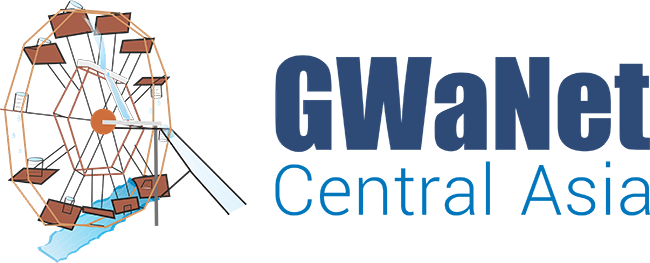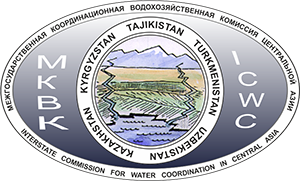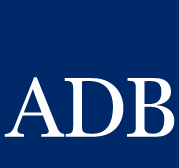“Gender and Water in Central Asia” Initiative
In developing the full and effective participation of women at all levels of decision-making, consideration has to be given to the way different societies assign particular social, economic and cultural roles to men and women. There is a need to ensure that the water sector as a whole is gender aware, a process which should begin by the implementation of training programmes for water professional and community or grass root mobilizers.
Global Water Partnership
SIC ICWC is developing “Gender and Water in Central Asia” Initiative with assistance of GWP CACENA, ADB, CIDA, McGill University to establish cooperation among various agencies and individuals on gender issues. .
The objectives
- Raise awareness and promote gender mainstreaming in the region
- Attain more knowledge and understanding of gender issues in water management
- Exchange experience and best practices on the matter, translate theoretical concepts on gender into action
- Build profile for the need of gender sensitization and a platform for women’s voices within the governance structures of the region
- Lay the foundation of further cooperation leading to successful gender sensitive water management
- Create the network among concerned agencies and individuals to facilitate further cooperation both national and regional level
The value
This initiative will be implement as:
- Open forum that will be aimed at multilateral cooperation and mutual coordination by different agencies and individuals on the basis of their specialization and experiences;
- Based on local stakeholders involvement;
- Intend to overcome interdisciplinary barriers since gender is a transversal concept;
- Will include analytical methods for the purpose of the attraction of decision maker’s attention at different levels;
- Will develop practical approaches to gender-water interrelation.
History of creation
The Asian Development Bank (ADB) signed on 18 May a Letter of Agreement with the Scientific Information Center of the Central Asian Interstate Commission for Water Coordination to establish a Gender and Water Network (GWANET) in Central Asia Republics (CARs) to improve gender awareness among the water sector stakeholders at regional, national and local levels, and strengthen their capacity in incorporating gender issues into the decision-making process.
The objectives of the GWANET
- improved gender awareness among the water sector stakeholders at regional, national and local levels through establishment of GWANET;
- strengthened capacity of the water sector stakeholders for incorporating gender dimensions into the decision-making process.
Since ADB’s assistance program in the CARs includes a number of water related loan and TA projects, it is expected that this project helped improve understanding of the stakeholders’ needs, in particular, gender dimensions, in implementing national and regional water related activities.
The project has two components: (i) Gender Awareness Promotion; and (ii) Capacity Building of Water Sector Organizations. The first component will be implemented through existing water network of the Interstate Commission for Water Coordination (ICWC) and GWP CACENA with the gender focal points represented by one water specialist and one NGO in the CARs.
One-year activities included a number focus group discussions and training of the water sector stakeholders at regional, national and local levels to raise gender awareness within water sector and reveal the most critical problems in the sphere. It is expected that by project completion a set of recommendations will be prepared and submitted to national and local governments on how to incorporate gender into the development agenda in the water sector and prepare gender related sector policies in the CARs.
The second component included participatory workshops and hands-on training for water sector organizations in the CARs to mainstream gender at the decision-making level with the aim to achieving a 30% quota for women’s participation in the water-related activities.



